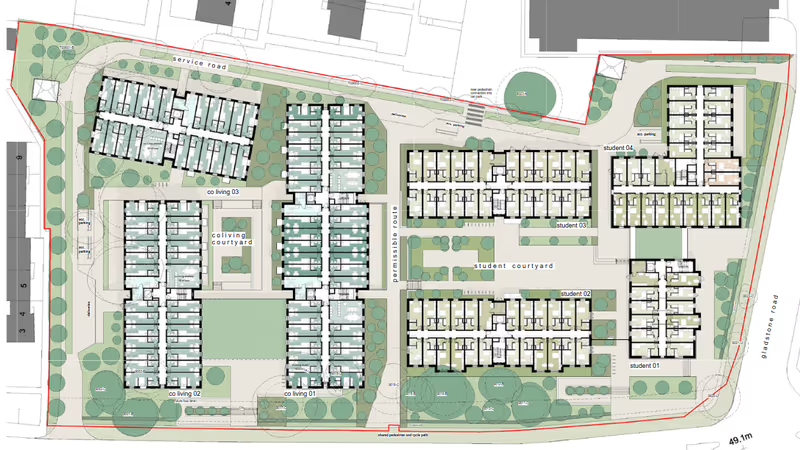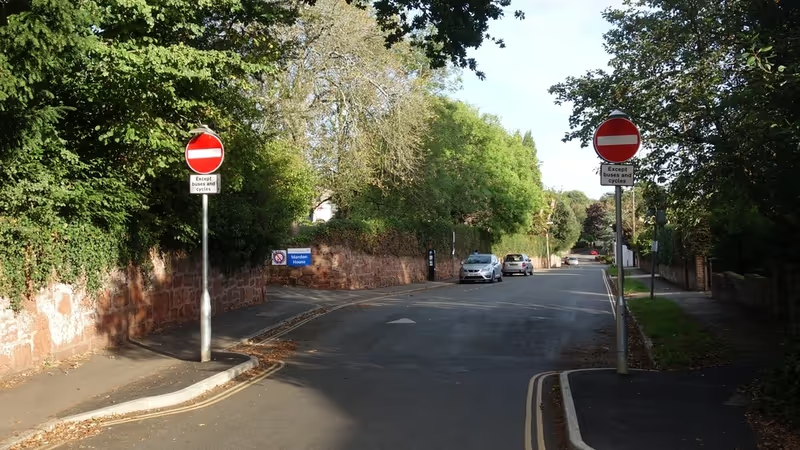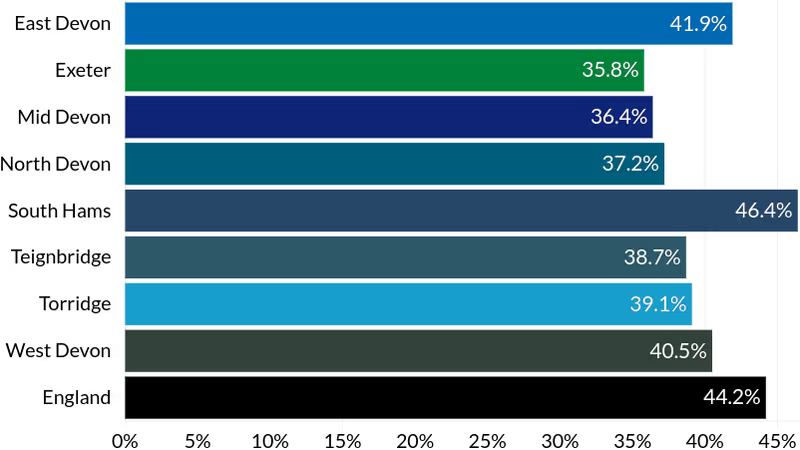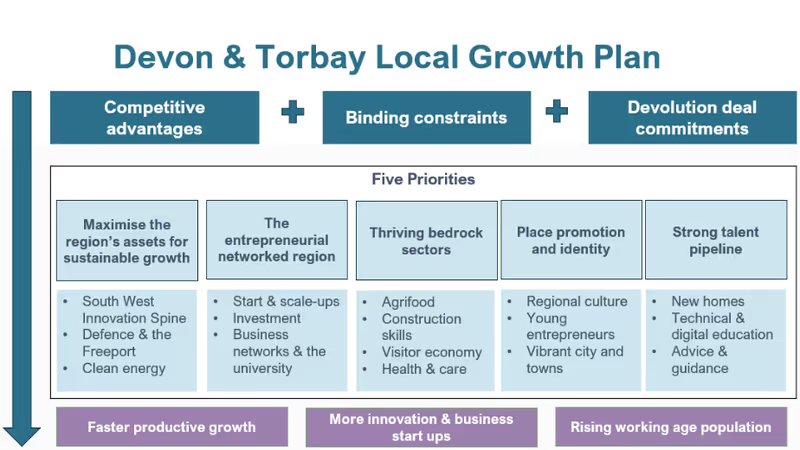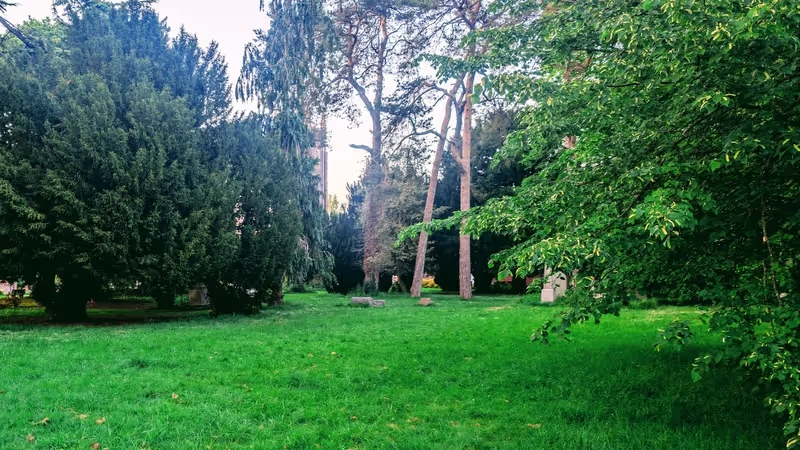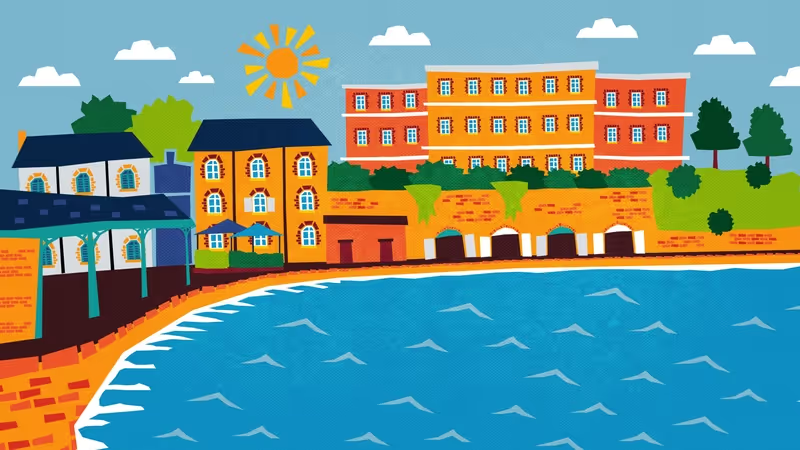This year’s local elections saw Labour remain in control of Exeter City Council with the same number of seats – 25 – that it held when the ballots opened yesterday morning. But underneath the surface changes in the city’s political landscape that began last year were confirmed by this year’s results and look set to continue.
For the second year running a Labour newcomer won in Topsham, previously an unshakeably safe Conservative seat. While last year’s Tory incumbent lost after serving a single term, this year Rob Newby, who had represented the ward for twenty years, fell in the face of the Labour advance. Matthew Williams won.
However the Liberal Democrat’s Adrian Fullam – who previously held St Thomas for twelve years and was city council leader for two – reclaimed the seat from Labour. He extended a huge swing that brought council deputy leader Laura Wright within 44 votes of losing last year despite defending a majority of nearly 25% of the vote, the largest margin in the city.
Whether these changes reflect demographic shifts in these parts of the city as newcomers arrive, the local Labour party’s lengthening record or the national party’s direction of travel across the political spectrum is not clear.
At the same time, the Green Party’s Andy Ketchin decisively beat Labour’s Carol Whitton, who leads the Labour group at County Hall from her St David’s & Haven Banks seat, to take Newtown & St Leonard’s at his second attempt.
The Greens also held Heavitree, where Carol Bennett won a by-election last year after Labour’s Chris Buswell resigned. 10% of this year’s vote in the ward went to anti-Low Traffic Neighbourhood campaigner Lucy Haigh whose support appears to have come largely from Conservative and Labour voters to the Greens’ advantage.
Opposition leader Diana Moore also comfortably held St David’s, firmly establishing the ward as a Green stronghold, while Michael Mitchell held Duryard & St James for the Liberal Democrats. This leaves the Progressive Group with six Green and three Liberal Democrat councillors, one more than last year, having successfully defended four of its seats.
The group became the official opposition after last year’s elections, replacing the Conservatives. The Greens are now the second largest party on the council and have overtaken the Conservatives on ballot share too, although Labour still dominates city-wide with nearly twice as much support as the Greens.
Despite this, and the national picture at these elections, Labour won just seven of the thirteen Exeter seats contested this year. It only increased its voter numbers in two, both of which it lost: St Thomas and St Loye’s, where the party hoped to take the outgoing Lord Mayor’s safe Conservative seat but failed to do so despite a dip in Conservative support. Alison Sheridan won.
In every other ward except Duryard & St James, where exactly 791 voters backed the party this year and last, Labour vote numbers fell on a turnout that was 3.67% lower than last year.
When ballot share is used to compare results (see methodology note), the party’s position looks a little better in Alphington, where it consolidated control over the ward, which has the smallest electorate in the city and so its lowest victory threshold, and in Duryard & St James, St Loye’s and St Thomas, in none of which it won.
Labour flatlined in its Mincinglake & Whipton and Priory strongholds where it has very large leads. Executive member Ruth Williams was re-elected in the former with the largest majority (and the lowest turnout) in the city and Jane Begley returns to represent the latter after losing in St Loye’s in 2021.
The party also flatlined in Pinhoe, where it has established a clear majority over the past four years despite the seat previously being a Conservative-Labour marginal, where newcomer Mollie Miller was elected, and its ballot share fell by more than 5% in Exwick, council leader Phil Bialyk’s seat, where Susannah Patrick was elected after coming third in Heavitree last year behind the Greens.
Pennsylvania, where Labour’s vote peaked in 2021 and was already falling, no longer looks safe for the party as Lizzie Woodman increased the Green Party’s ballot share in the ward by 11.28%, by far the largest ballot share change between the parties across the city. Martyn Snow won.
The Greens also significantly increased their vote share in St David’s, where Diana Moore received a larger share of the vote than the landslide she won when she was first elected in 2019, and in Newtown & St Leonard’s.
Conservative ballot share fell in every ward while the Liberal Democrat performance was more mixed across the city.
Vote redistribution was also inconsistent, with all four main parties benefiting in some wards but losing out in others. Overall the Conservatives have the most to worry about, followed by Labour, and the Liberal Democrats not so much. Exeter Green Party has reasons to be cheerful.
The First Past the Post electoral system is partly responsible for Labour’s woes: it is no longer working for the party in Exeter as it has previously, apparently because the Liberal Democrats and Greens have responded to its counterproductive consequences by finessing their electoral strategies.
In 2016, when all Exeter’s seats were exceptionally elected at the same time, Labour won in 30 of 39 wards with 47% of the vote while the Liberal Democrats won a single seat with nearly 15% of the vote and the Greens won no seats at all despite receiving more than 14% of the vote.
Last year Labour won twelve of seventeen seats with 46% of the vote but this year won seven of thirteen seats with 44% of the vote. At the same time the Liberal Democrats won first one then two seats with 13% and 12% of the vote, and the Greens won three seats on each occasion with 21% and 22% of the vote.
These changing fortunes are even more apparent, as is First Past the Post’s impact on the Conservatives, when non-voting electors are included in the analysis.
Last year both Liberal Democrat and Green votes translated into more city council representation than Conservative votes, although Labour still benefited disproportionately from the system. This year 14,000 Labour votes won seven seats, while 11,000 Liberal Democrat and Green votes won five seats, and 6,300 Conservative votes won just one.
Methodology note
As the 2016 city council elections were held using the multiple non-transferable vote system each voter was allowed to cast up to three votes which were not ranked in any order of preference.
Because not all voters cast all three of their votes a precise vote share for individual candidates cannot be derived from the recorded results.
This also applies to two individual ward elections held since then, in Priory in 2019 and Mincinglake & Whipton in 2021, when voters were invited to cast up to two votes to elect two councillors at the same time, and in Exwick, Heavitree, Pennsylvania and Priory last year, when two councillors were also elected in each ward.
Calculating comparative party performance in Exeter City Council elections over time is further complicated because the Green Party and the Liberal Democrats stood aside for independent candidate Jemima Moore in Newtown & St Leonard’s in 2019, then formed a cross-party alliance which led to them standing aside for each other in a total of six wards across the city in 2021.
Consequently, a proportional share of the ballots cast for the leading candidate in each party in each ward in which the party stood has been used to compare party support in the principal city council elections that have taken place since 2016.
We believe that this is the best available method to enable statistically meaningful year-on-year comparisons between the major parties in the city. Mid-year by-elections have been excluded.
Candidates from other parties, as well as independent candidates, have also stood in each of these elections.
UKIP contested most, but not all, of the city’s wards in 2016 and again in 2019, but not in 2018. The Women’s Equality Party also contested city council elections in Duryard & St James in 2018, 2019 and 2021. And this year two independents and a Reform UK candidate stood.
These smaller parties and independent candidates have been grouped together to simplify comparison. Where more than one non-major party stood in a multiple non-transferable vote election the best performing candidate has been included in the analysis.
